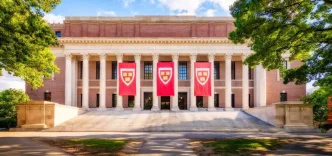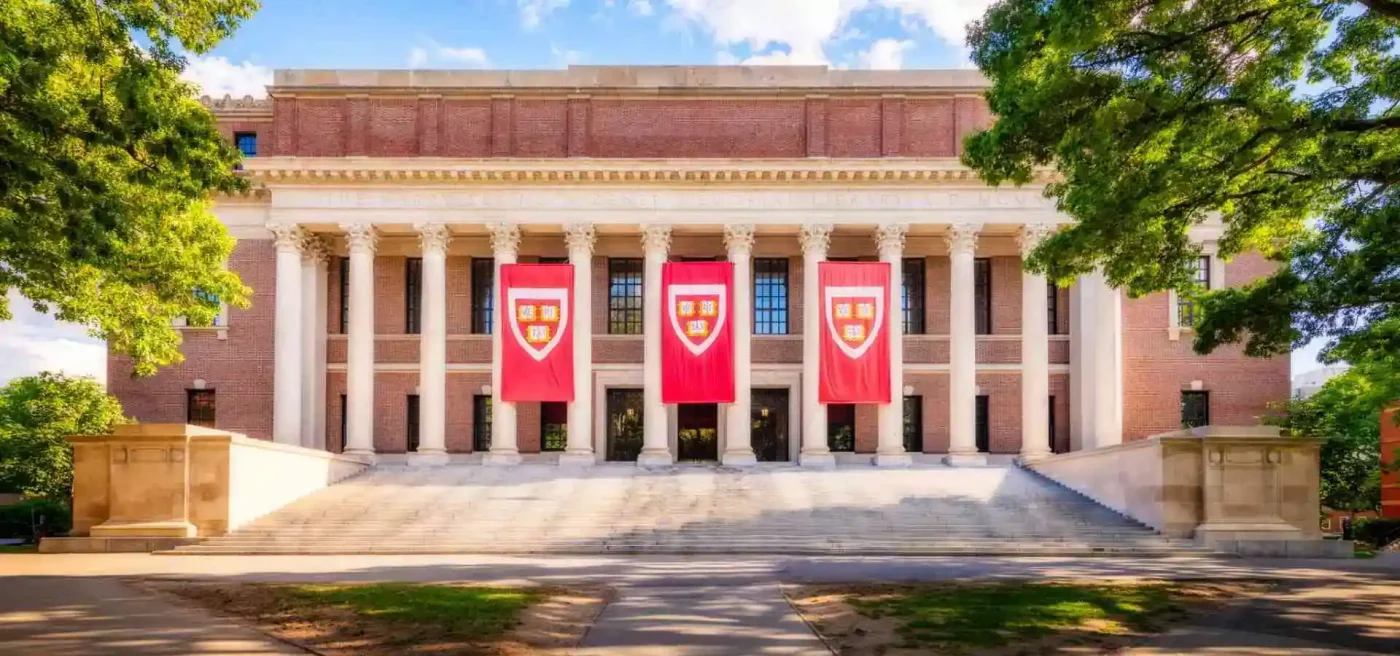A sudden reversal of a US government directive barring international students from entering the country to attend Harvard University has brought relief to thousands of students worldwide, including 54 Malaysians. The decision, which came after swift legal intervention, underscores the precarious nature of international education amid shifting political landscapes in the United States.
A Dramatic Policy U-Turn
On June 6, 2025, the US State Department issued a surprising instruction to consulates worldwide to resume processing visa applications for international students admitted to Harvard University. This move reversed an earlier order—issued just a day prior by the US government—that had directed consulates to reject admission applications from international students seeking to study at the prestigious Ivy League institution. The initial directive had thrown the plans of nearly 7,000 foreign students enrolled at Harvard into disarray.
The reversal came less than an hour before a federal judge blocked the Trump White House from enforcing the restriction, highlighting the chaotic nature of the policy rollout. The rapid back-and-forth has left students, universities, and governments scrambling to adapt to the evolving situation. For now, the US State Department’s latest instruction ensures that international students can continue their studies without immediate disruption to their visa status.
Impact on Malaysian Students
In Malaysia, the Higher Education Ministry issued an advisory on June 9, 2025, urging students admitted to Harvard to stay updated on developments and consult with their sponsors before making further decisions. The ministry confirmed that none of the affected students, including the 54 Malaysians currently enrolled at Harvard, have reported issues with their student exchange visa programs or faced cancellations. Of these students, 16 are scholarship holders, while 38 are self-funded.
In a statement released on Sunday, the ministry expressed relief at the US State Department’s decision. “This decision allows international students, including Malaysian students, to continue their studies without disruption to their visa status for the time being” said a ministry spokesperson. The ministry, through its Education Malaysia Washington D.C. (EMWDC) office, has been actively monitoring the situation and coordinating with relevant sponsors and US education authorities to ensure clarity and support for affected students.
Broader Implications for International Education
The Harvard visa debacle is a stark reminder of the vulnerabilities faced by international students, who often navigate complex immigration systems to pursue education abroad. The sudden policy shift by the US government, followed by its equally abrupt reversal, has reignited debates about the stability of the US as a destination for higher education. With nearly one million international students contributing significantly to the US economy—through tuition fees, living expenses, and cultural exchange—such policies risk deterring future applicants and damaging the country’s reputation as a global education hub.
For Malaysia, a country that places high value on cross-border education as a means of talent development and international cooperation, the incident raises concerns about the reliability of foreign education systems. The Higher Education Ministry emphasized in its statement that cross-border higher education serves as “the best platform for talent development, knowledge exchange, and strategic cooperation among nations.” It urged all parties to remain calm and base decisions on factual information, a call for restraint amid the uncertainty.
Legal and Political Context
The US government’s initial directive to reject Harvard admission applications for international students appears to have been part of a broader set of restrictive immigration policies pushed by the Trump administration. While the specific reasons for targeting Harvard remain unclear, the move aligns with previous attempts to limit international student visas under national security or economic pretexts. The rapid judicial intervention—blocking the policy less than a day after its announcement—signals the contentious nature of such measures and the strong legal pushback from educational institutions and advocacy groups.
Harvard University, located in Cambridge, Massachusetts, has long been a symbol of academic excellence and a top destination for international talent. The 374th Harvard Commencement, held on May 29, 2025, in Harvard Yard, celebrated the achievements of students from around the world, many of whom now find themselves at the center of this immigration policy storm. The university has not issued a public statement on the visa reversal as of the latest updates, but it is likely working behind the scenes to support its international cohort.
Voices of Concern and Hope
For Malaysian students at Harvard, the past few days have been a rollercoaster of uncertainty. While no personal accounts have been made public, the Higher Education Ministry’s proactive outreach suggests a concerted effort to shield students from the fallout. The ministry also welcomed commitments from US education authorities to provide updated information on programs like Optional Practical Training (OPT), which allows international students to work in the US for a limited period after completing their studies. Collaboration on immigration matters remains a priority, according to the ministry’s statement.
Globally, student advocacy groups have expressed cautious optimism about the visa processing resumption. However, many warn that the incident could be a harbinger of further policy volatility, particularly as the US political landscape remains polarized. For students from countries like Malaysia, where education abroad is often a significant financial and emotional investment, such unpredictability adds layers of stress to an already challenging journey.
Economic and Cultural Stakes
International students are a vital part of the economic and cultural fabric of universities like Harvard. In the US, they contribute billions of dollars annually to the economy, supporting jobs and fostering innovation. For Malaysia, sending students to elite institutions abroad is not just about individual achievement but also about building a skilled workforce capable of driving national development. The 54 Malaysian students at Harvard represent a small but significant part of this broader mission.
Culturally, the exchange of ideas and perspectives between Malaysian students and their international peers enriches both communities. Policies that threaten this exchange risk undermining the soft power of education as a tool for global understanding. The Higher Education Ministry’s emphasis on strategic cooperation among nations reflects an awareness of these stakes, positioning education as a bridge rather than a battleground.
Looking Ahead
As the dust settles on this visa policy reversal, questions linger about the long-term implications for international students at Harvard and beyond. Will further restrictions emerge, or will this incident prompt a reevaluation of how the US approaches student immigration? For Malaysian students and their families, the immediate relief is tempered by the need for vigilance in an unpredictable policy environment. The Higher Education Ministry’s ongoing coordination with US authorities offers some reassurance, but the path forward remains uncertain.
In the meantime, the resilience of students—whether in Malaysia or halfway across the world in Cambridge, Massachusetts—stands as a testament to their determination to pursue knowledge, no matter the obstacles. As one chapter of this saga closes, the global education community watches closely, hoping for stability in the chapters yet to come.
















